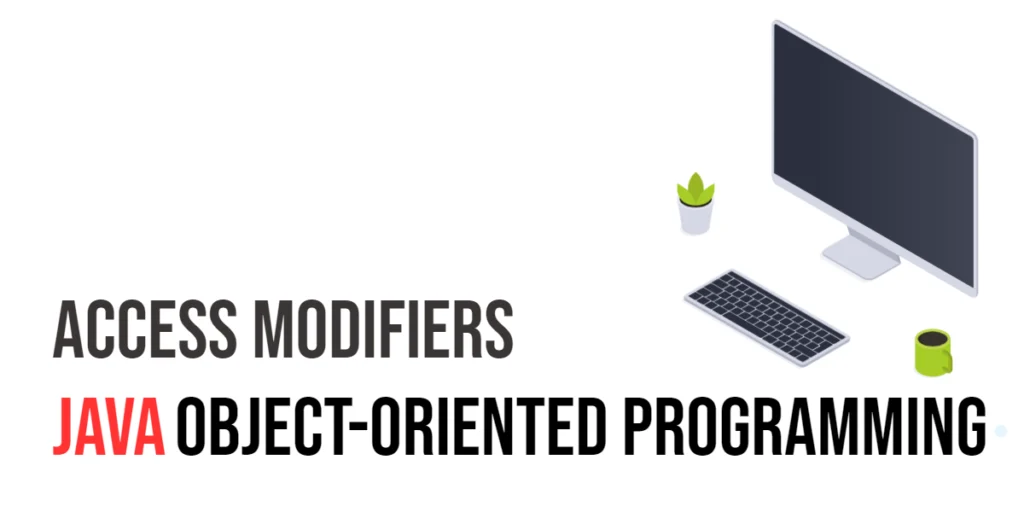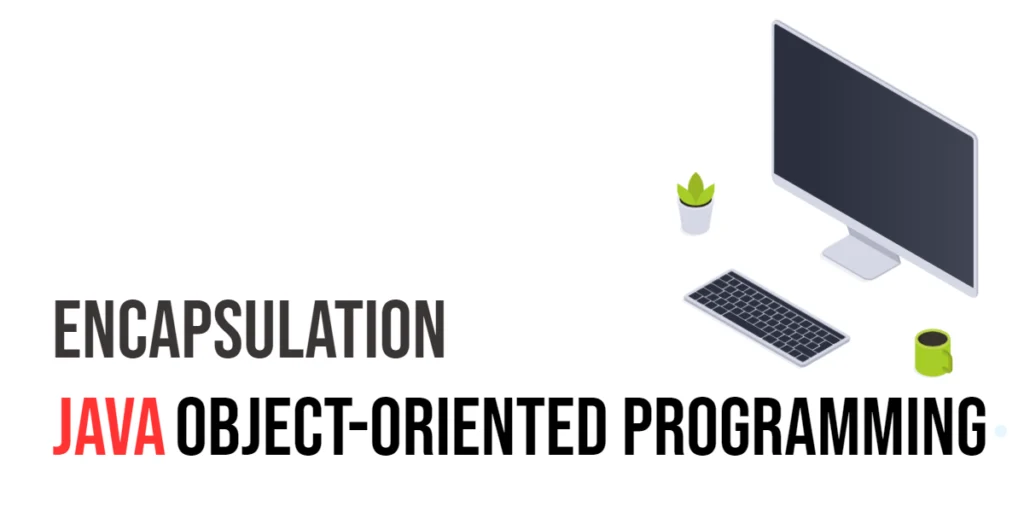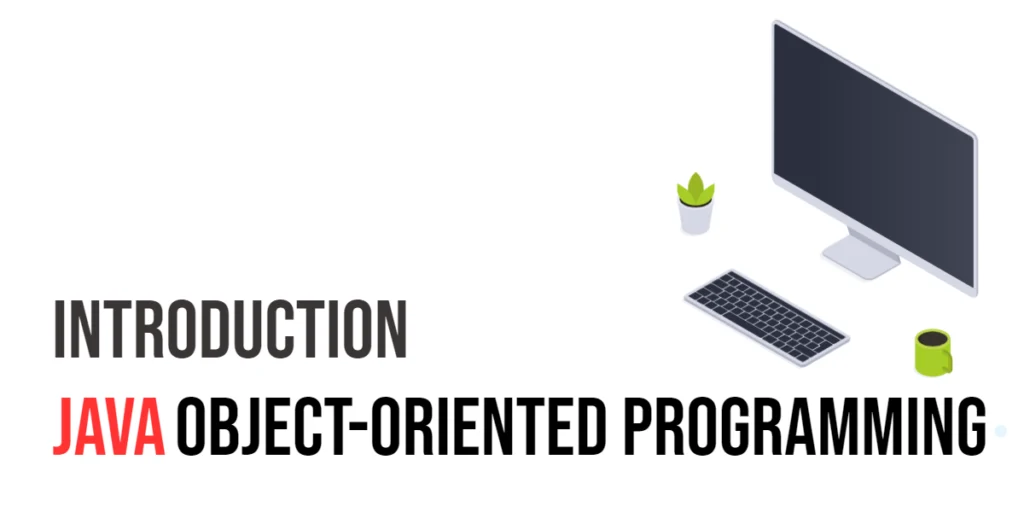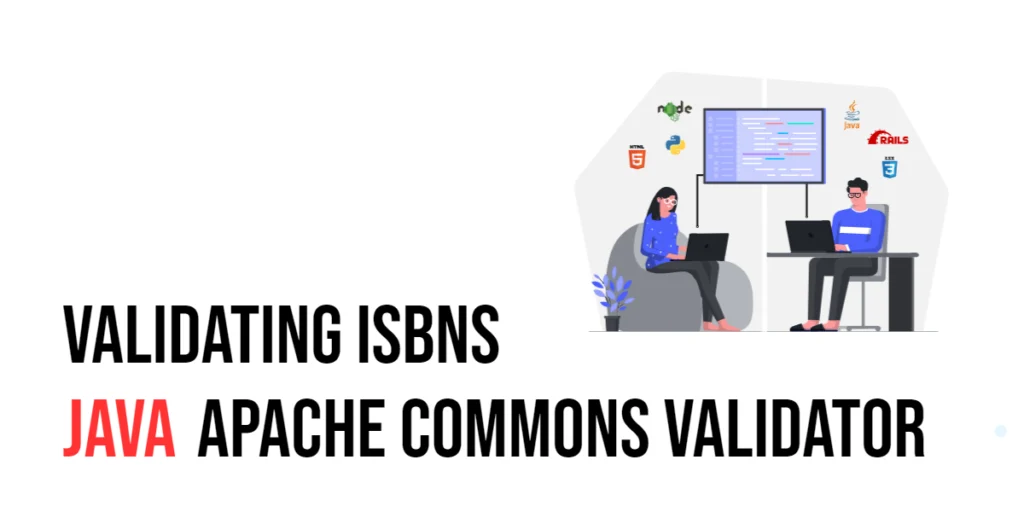Java Object-Oriented Programming: Interfaces
Before we dive into the world of interfaces, let’s take a moment to explore Object-Oriented Programming (OOP). Imagine OOP as a way of organizing your code like a library organizes books. In this system, everything revolves around “objects.” These objects are little bundles that carry data (fields or attributes) and actions (procedures or methods) under […]
Java Object-Oriented Programming: Interfaces Read More »









